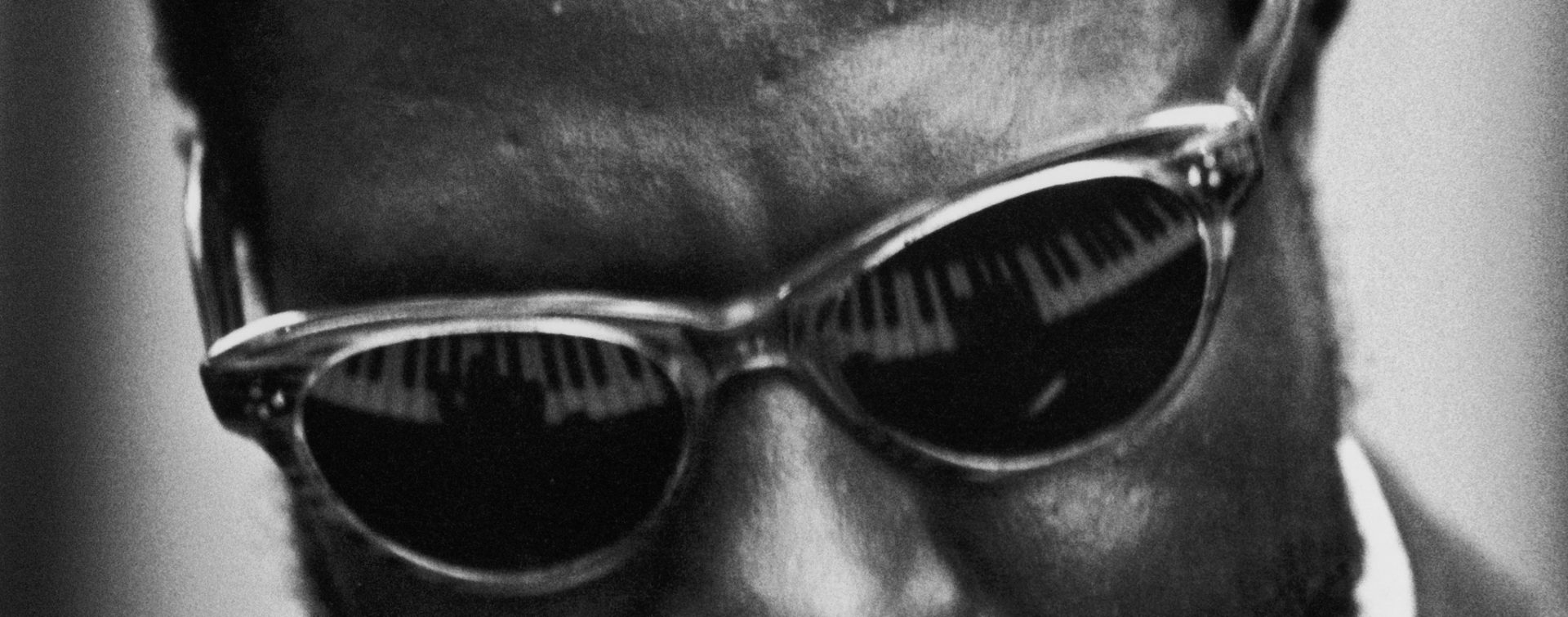
David Lynch, “maker of florid and unnerving films,” passed on the 15th at the age of 78. He was truly one of one. Peerless. “Like Frank Capra and Franz Kafka, two widely disparate 20th-century artists whose work Mr. Lynch much admired and might be said to have synthesized, his name became an adjective.”

“He’s one of those filmmakers who was influential but impossible to imitate,” said director Steven Soderbergh. “People would try but he had one kind of algorithm that worked for him and you attempted to recreate it at your peril. As non-linear and illogical as they often seemed, they were clearly highly organized in his mind.”
“While the world has lost a remarkable artist, I’ve lost a dear friend who imagined a future for me and allowed me to travel in worlds I could never have conceived on my own,” said Kyle MacLachlan, star of Twin Peaks, among other Lynch projects.
Naomi Watts had something similar to say: “The world will not be the same without him. His creative mentorship was truly powerful. He put me on the map. The world I’d been trying to break into for ten plus years, flunking auditions left and right. Finally, I sat in front of a curious man, beaming with light, speaking words from another era, making me laugh and feel at ease. How did he even ‘see me’ when I was so well hidden, and I’d even lost sight of myself?”
Laura Dern wrote a lovely tribute:
“Through you, I’ve learned what it means to be loved without judgment, just pure acceptance. You have forever transformed all of art, be it film or music or painting or cartoons or giving the weather report — all of it became a space for dreaming. All of it brought you equal joy and creative bliss and was led in the moment by deep instinct and creative consciousness. You made art every day because you had to. You meditated every day as a dedicated act of service. You lived in gratitude and grace. You never knew bitterness. In life, you always felt lucky.
I remember walking offstage linked arm and arm with you at the Governors Awards where you had just received your honorary Oscar. I looked at you and said, ‘Tidbit, you just won an Academy Award.’ And you said, ‘But they aren’t my ideas, I’m just lucky to catch them.'”

He was forever true to his ideas:
“I really believe it’s like the Beach Boys said: “Be true to your school.” You gotta be true to the ideas that you have, because they’re even bigger than you first think they are. And if you’re not true to them, they’ll only work part way. They’re almost like gifts, and even if you don’t understand them 100 percent, if you’re true to them, they’ll ring true at different levels and have a truth at different levels. But if you alter them too much then they won’t even ring. They’ll just sort of clank.”

The evening he passed, I watched The Art Life, Blue Velvet and the first episode of Twin Peaks, which I’ve continued to watch since. Even though I’ve been there before, I imagine I will visit the town, along with Mulholland Drive, again and again.
“Keep your eye on the donut, not the hole.”




























